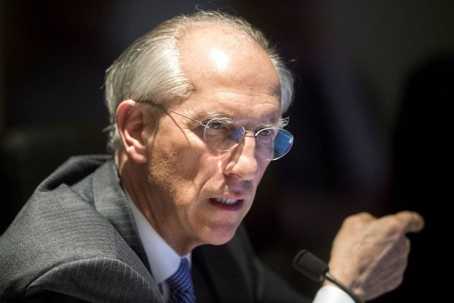Following an eventful battle over whether or not four beer stores in Whiteclay, NE should have their liquor licenses renewed that included a denial, reversal of that decision and a second reversal back to the original decision within one week, the four stores chose to close their doors a day early after unsuccessfully trying to secure the right to remain open during the appeals process.
Their decision to close on April 29 rather than when their licenses expired on April 30 was done in an attempt to prove their point that people would simply travel to other locations to buy alcohol. Early numbers show an increase in sales in Rushville the day after the closure, but it’s still too soon to tell what the long-term effects will be. However, the increased police presence in Rushville and other nearby towns that bootleggers may attempt to purchase alcohol from may prove to be enough to have a meaningful impact on the alcohol problems those living on the Oglala Sioux Reservation at Pine Ridge have faced for generations.
“It’s just not going to be tolerated there,” said Marsha BonFleur, a Christan missionary who lives near Whiteclay. “The bootleggers who do have the vehicles will just be making more trips, but they’ve always done that.”
The Native Americans living on the reservation have been fighting to solve the problems in Whiteclay for more than a century – other than a few months in the 1970s, the sale and consumption of alcohol has been illegal on the Oglala Sioux Reservation has been illegal since 1889. Despite this, the four liquor stores sell approximately $3.5 million worth of beer, mostly to people living on the reservation, every year. The closure of these stores is long overdue, but it will hopefully mark a turning point in the fight against rampant alcoholism that has helped cut the life expectancy of men on the reservation to 47 years old and women to 55 according to former interim CEO of the Pine Ridge Hospital Rainey Enjady.
“It’s going to take a whole generation to assess the damage we have inflicted on the Lakota people,” Winnebago Activist Frank LaMere said. “And it’s going to take a whole lifetime for us to change anything.”
Related Posts:

